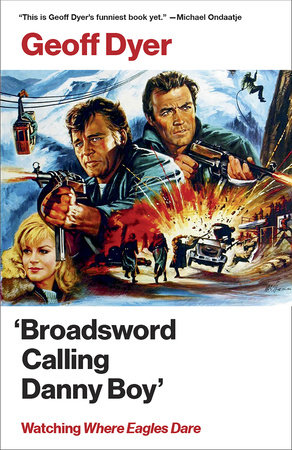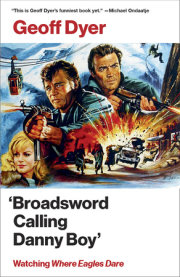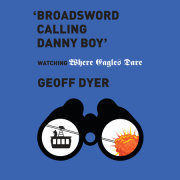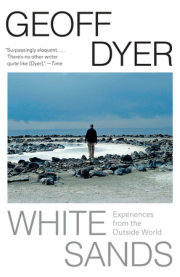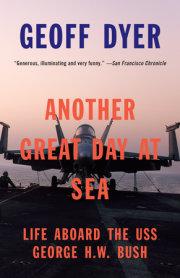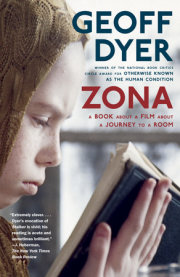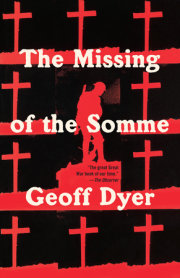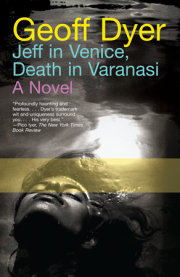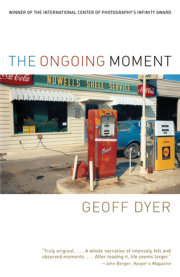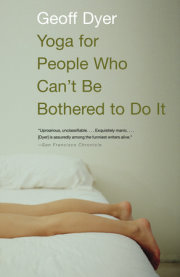Meanwhile, at dusk—even allowing for the fact that it’s winter, the day has been stunningly short—the Eagles sneak across the snowy railroad tracks, in the wake of a freight train whose role will not extend beyond this cameo appearance (a sad decline from the recent glory years of
Von Ryan’s Express [1965], starring Frank Sinatra, and
The Train [1964], with Burt Lancaster). They let themselves into a storage unit where Eastwood and Burton strip off their parkas and pull out greatcoats and caps from their small but apparently bottomless rucksacks. They have not packed lightly, these two; they have enough clothes and equipment to keep the Sherpas on an inter-war Everest expedition employed for much of the climbing season. Working within the confines of a smaller costume budget, the others do what they can, reversing their parkas from snowy-white to wintery camouflage. Thus arrayed, like any bunch of lads on a stag weekend, they head into the village of Werfen for a bit of the old après-ski (minus the skiing), a little apprehensive, naturally, this being their first night out on the streets of the resort. The pitched roofs are laden with snow, the streets are bustling with troops and vehicles, and there’s so much parping of horns it sounds like an Alpine equivalent of Cairo.
They choose a tavern at random—we’ll try this one behind us, says Burton, though as with most things he says he’s not saying but ordering. He tells them to keep their ears open for anything about General Carnaby, but it seems a lame excuse for that which needs no excuse, namely getting into the bar and getting a few down them. It’s a cosy place with foaming steins, a really festive Bavarian atmosphere and no obviously anti-Semitic conversation. You can’t help thinking what fun it would be to attend a fancy-dress party like this in real life, even though you’d catch hell from the tabloids, especially since the guests include none other than the blond beast Von Hapen, in his medal-bedecked Gestapo costume. For once Burton is not the one doing the ordering; it’s Eastwood who orders drinks at the bar, thereby raising the possibility that, for all his swagger, command and much-publicized love of drink and his willingness to splash out vast sums of money on diamonds, Burton might be that lowest, most treacherous form of British life: a round-dodger, a conscientious-drink-buying-objector and all-round round-shirker. Even this suspicion only slightly clouds the rest of the group’s belief that this is surely the best of all Second World War mission-capers, way better than scaling the cliffs of Navarone, sweating your malarial bollocks off on that ghastly bridge over the River Kwai or waiting for Telly Savalas to flip his sicko lid in
The Dirty Dozen. A top night seems guaranteed as long as they can keep up their German and not be tricked into letting their conversational guard down, as fatally happened, six years earlier, to Gordon Jackson as he boarded a bus in
The Great Escape (before enjoying extended small-screen resurrections in
Upstairs Downstairs and
The Professionals). This seems unlikely, since they are all, as we learned in the briefing, so fluent in German that it sounds indistinguishable from English. That fluency is casually conveyed by the way Eastwood casually asks for ‘two beers’ as though he’s in a bar in Dodge City or Telluride during the film festival. He feels quite at home, in other words, which is not surprising given that it’s essentially a western saloon with chaps in German uniforms instead of chaps. They’ve only had a couple of sips when Burton leaves Eastwood at the bar, sits down with some German officers, grabs the dirndl-clad waitress and plonks her down on his lap. He whistles a song at her—code!—and whispers (though it’s still an order, a
whispered order) to meet him in the woodshed. He’s the kind of man who’s always meeting women in some kind of shed. Then he tells her—another order—to slap him across the face, which she does, with some gusto, before flouncing off convincingly. The other German officers at the table are not impressed by this display of grab-ass boorishness, so Burton puts them in their place by telling them that he’s Himmler’s brother—which roughly translates as saying he’s a bigger star than any of them, earns the kind of money a bunch of extras could only dream of and, most important, could drink the lot of them under this very table any night of the week. (That’s probably a generous translation in light of the opinion of Germans confided by Burton to his diary the year after the film’s release: ‘Even when they are at their fat chuckling meerschaum-smoking jolly best I see the jew-baiting death’s head under the jiggling flesh and the goose-step and the gas-chambers.’)
Back at the bar, he and Eastwood inhale a couple of cognacs before Burton slips off to the woodshed, leaving Eastwood to keep an eye on things,
i.e. to squint. But he’s not just squinting, he’s
squinting in German. In the woodshed it’s not the barmaid waiting for boorish Burton—it’s Mary Ure, whom he promptly tells to take off her clothes. She’s surprised but not unwilling, ready to obey, maybe even turned on somewhat by his German uniform in a ‘Fascinating Fascism,’
Night-Porterish way, but he doesn’t want to get into her pants, he wants to get her into the castle. Helping Mary off with her boots—though even help comes in the form of an order: give me that boot—he explains that the plane with General Carnaby-Street aboard wasn’t shot down, it crash-landed, riddled with bullet holes—British bullets, but a hole is a hole is a hole, he says, in a theatrical triple entendre. And General Carnaby is not really General Carnaby; the person they think is General Carnaby knows no more about the Second Front than Burton knows about the back end—what a shame he didn’t say ‘side’ instead of ‘end’—of the moon. By association, then, it’s obvious he’s got more on his mind than the mission as he helps her take off the other boot and explains that the person being held prisoner is an ex-actor, Cartwright-Jones, probably second-rate, playing the role of General Carnaby. Suddenly things have all got rather meta, especially since it’s actually Robert Beatty who’s playing the role of the actor (Cartwright-Jones) playing the part of Carnaby-Street. He didn’t need to be talked into it, Burton explains, he volunteered—what actor wouldn’t? Well, one who didn’t have Burton’s enormous need for money might have thought twice but, yes, in many ways it’s a method actor’s dream, an opportunity for immersion in character so total that it’s highly likely he’ll not make it out of the Schloss alive. As Burton says, it might be a short engagement. A one-night stand, says the ever-hopeful Mary.*
* Turning on the TV and surfing through the channels, I am always happy to stumble across
Where Eagles Dare. The strange thing is that I always bump into the
same bit—
this bit. If it’s late and I’m drunk I only watch for ten minutes or so, which means that I’ve seen the sequence beginning roughly with Burton leaving the bar or Heidi entering the woodshed more times than any other part of the film. Is some hidden order of the world revealed by this statistically improbable outcome? Or is it not so improbable after all? Perhaps transmission of the film has tended to start at a time that increases the chances that I will encounter it at this point. A third alternative is that only this fragment of the film is ever broadcast.
Copyright © 2019 by Geoff Dyer. All rights reserved. No part of this excerpt may be reproduced or reprinted without permission in writing from the publisher.

